This country has a H-1B visa program for high-skilled workers which is supported by American companies, particularly its technology companies. The federal government just announced proposed changes to this program that can affect employment immigration by narrowing eligibility requirements and raising the wages that American companies would have to pay foreign hires.
H-1B visas
The federal government issues 85,000 H-1B visas annually. It often uses a lottery because the number of workers being sought by companies usually exceeds the number of available visas. Employers eventually sponsor many workers for their green cards that allow them to remain in this country.
Tech companies employ the largest number of H-1B visa holders as computer engineers and software developers. Visas are also issued to professionals such as architects, accountants, and physicians.
Last June, a presidential proclamation suspended a group of worker visas until at least Dec. 31. Business groups challenged the proclamation which governed H-1B visas, H-2B seasonal work visas, L-1 visas for executives transferred by companies and cultural-exchange J-1 visas that included au-pairs.
A federal judge’s ruling in early Oct., however, set aside this ban for companies which hired large numbers of foreign workers. The court ruled that the proclamation exceeded the president’s authority.
Proposed changes
The labor department rule, which will take effect upon publication in early Oct. as interim rules, will increase wages for foreign workers based upon surveys of salaries in each profession. It will require companies to pay entry-level workers in the 45th percentile of their profession’s salary instead of the 17th percentile.
High-skilled workers wages will raise from the 67th to the 95th percentile. Some employers will likely have higher personnel costs.
Department of homeland security rule changes, which will take effect in 60 days, will likely reduce the number of petitions filed annually for these visas by one-third. These rules will tighten eligibility requirements for visa applicants.
Applicants will have to have a degree in the specialty occupation they applied for. Some applicants may have to show how their education provided a body of specialized knowledge for a job in this country.
Objections
These rules were criticized and may be challenged in court because they were published as interim final rules without undergoing the normal requirements for obtaining public feedback. DHS said that it had good cause to omit this procedure.
The labor department’s rule was criticized as harming all employers by increasing wages. This could especially impact start-up, smaller companies and rural hospitals that may be unable to pay these wages.
An attorney can help visa applicants deal with this changing situation. Lawyers may help assure that their legal rights are protected.
